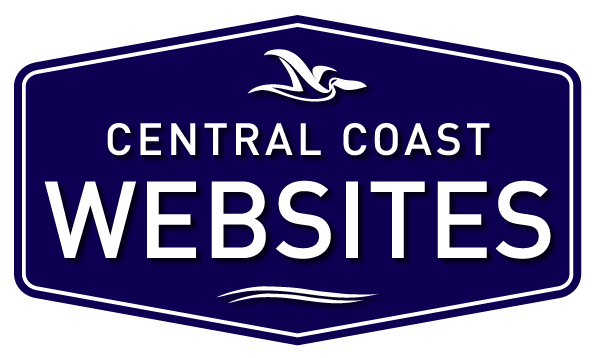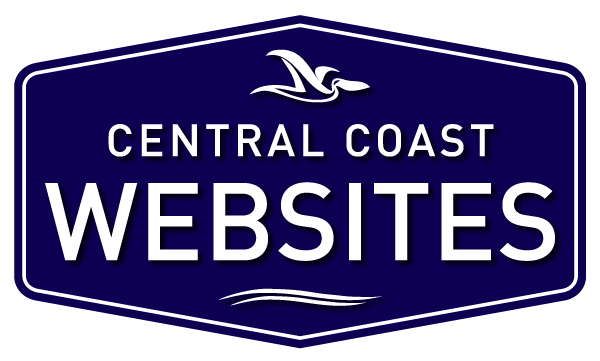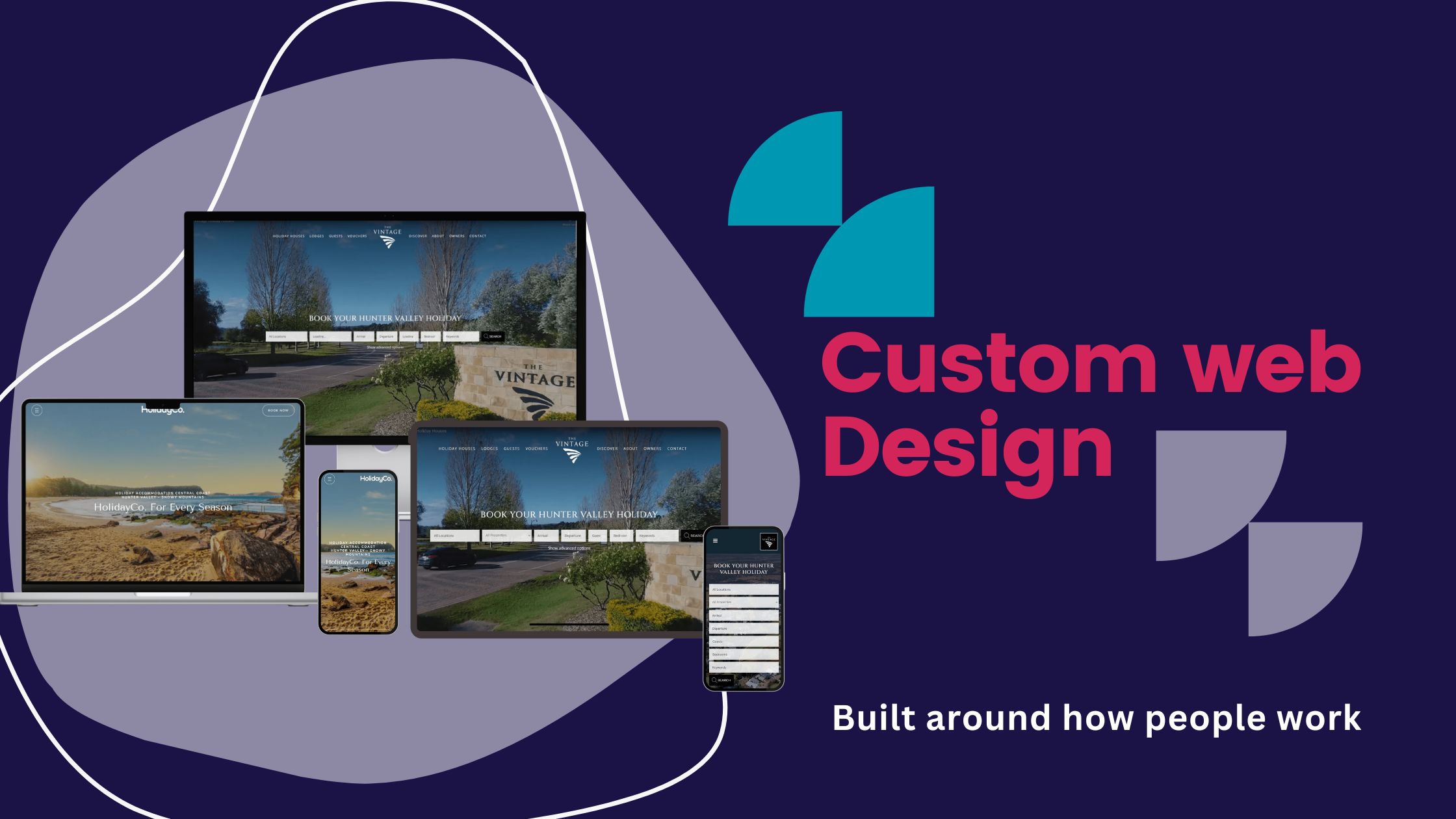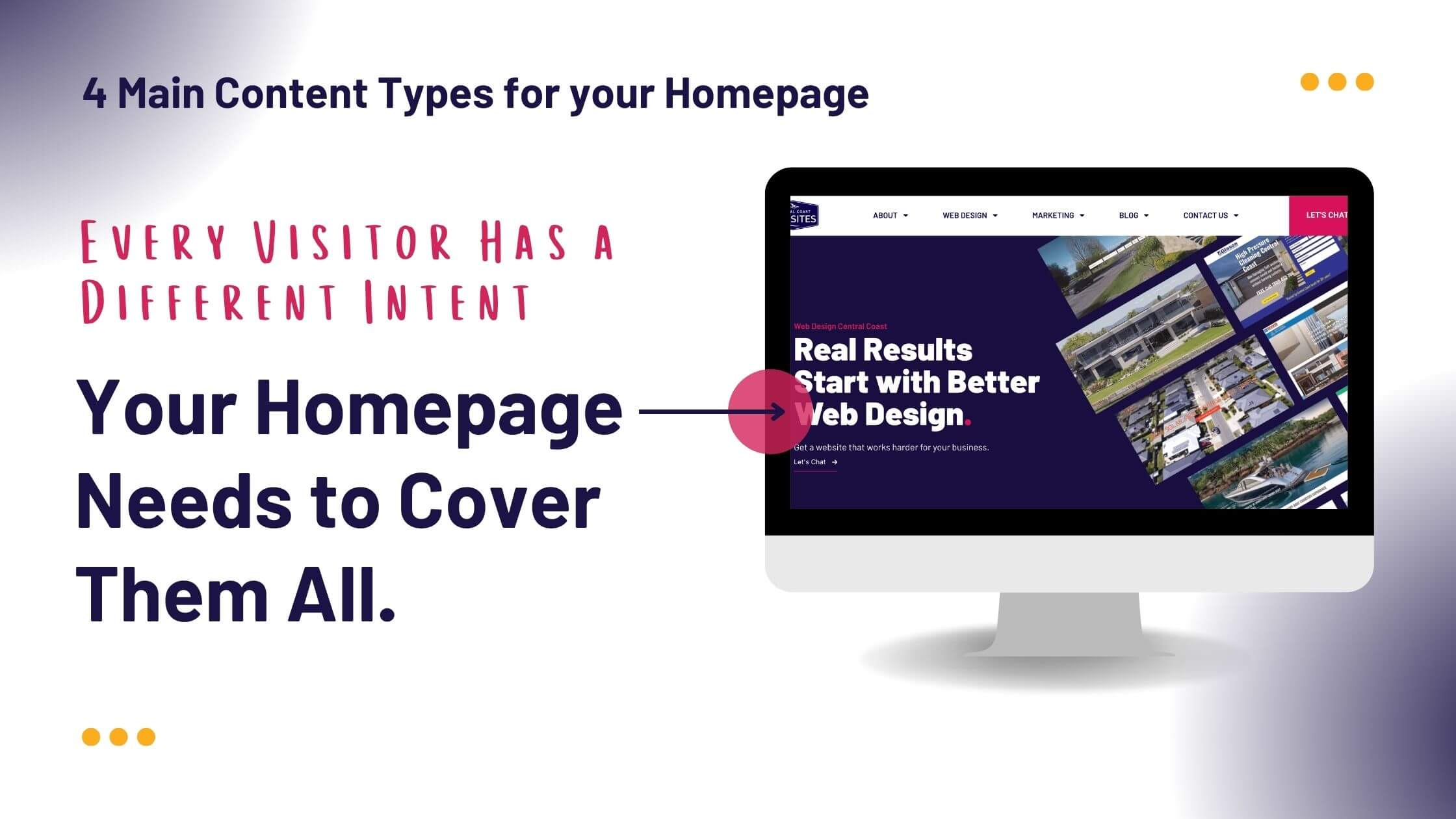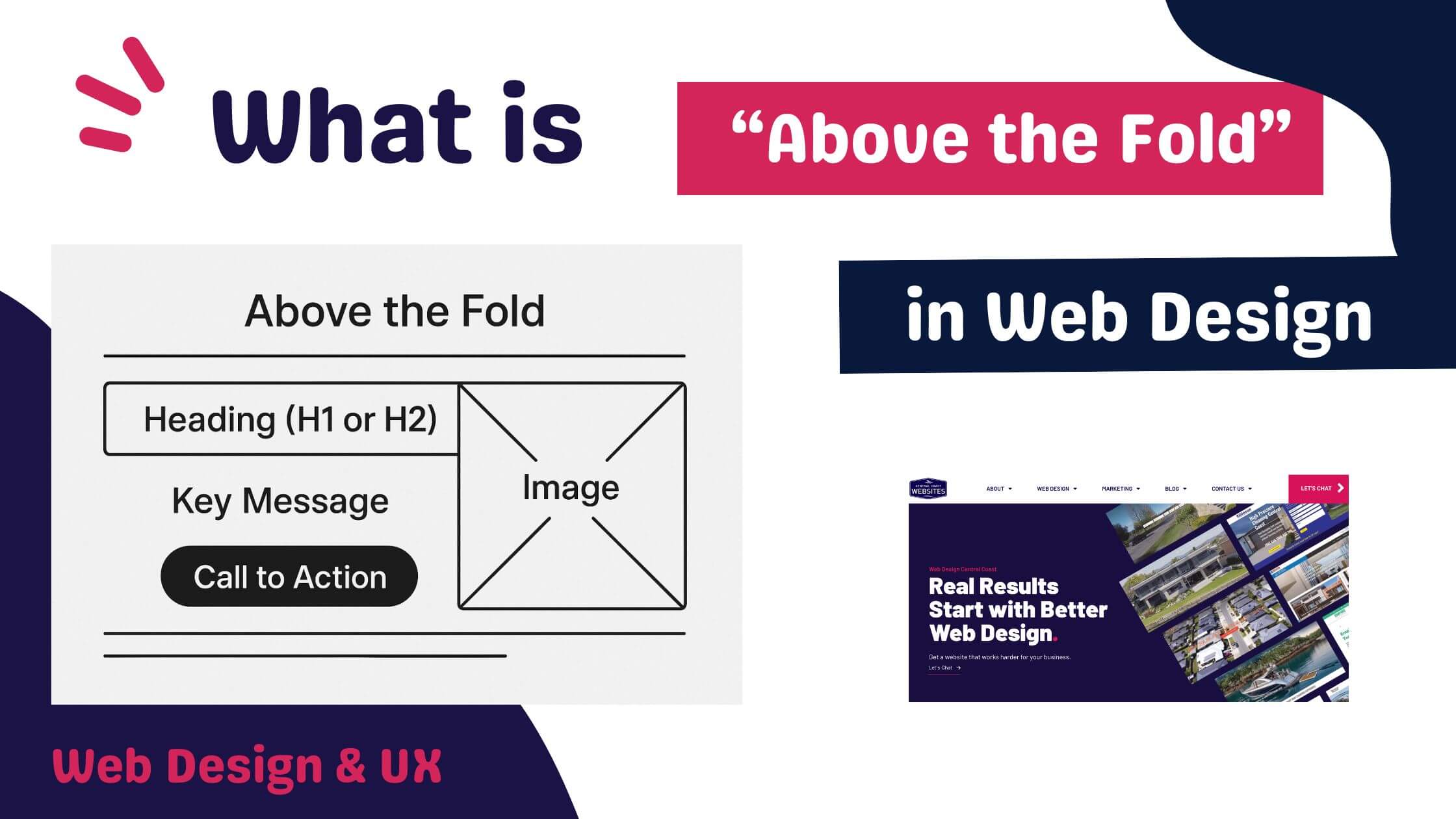- 1. Digital vs. Traditional: Digital marketing offers cost-effectiveness, precise targeting, and adaptability, outshining traditional methods.
- 2. Building Trust: Online reviews and testimonials significantly influence consumer trust and brand perception.
- 3. Sustained Benefits: Strategies like SEO and content marketing provide long-term value with cost savings.
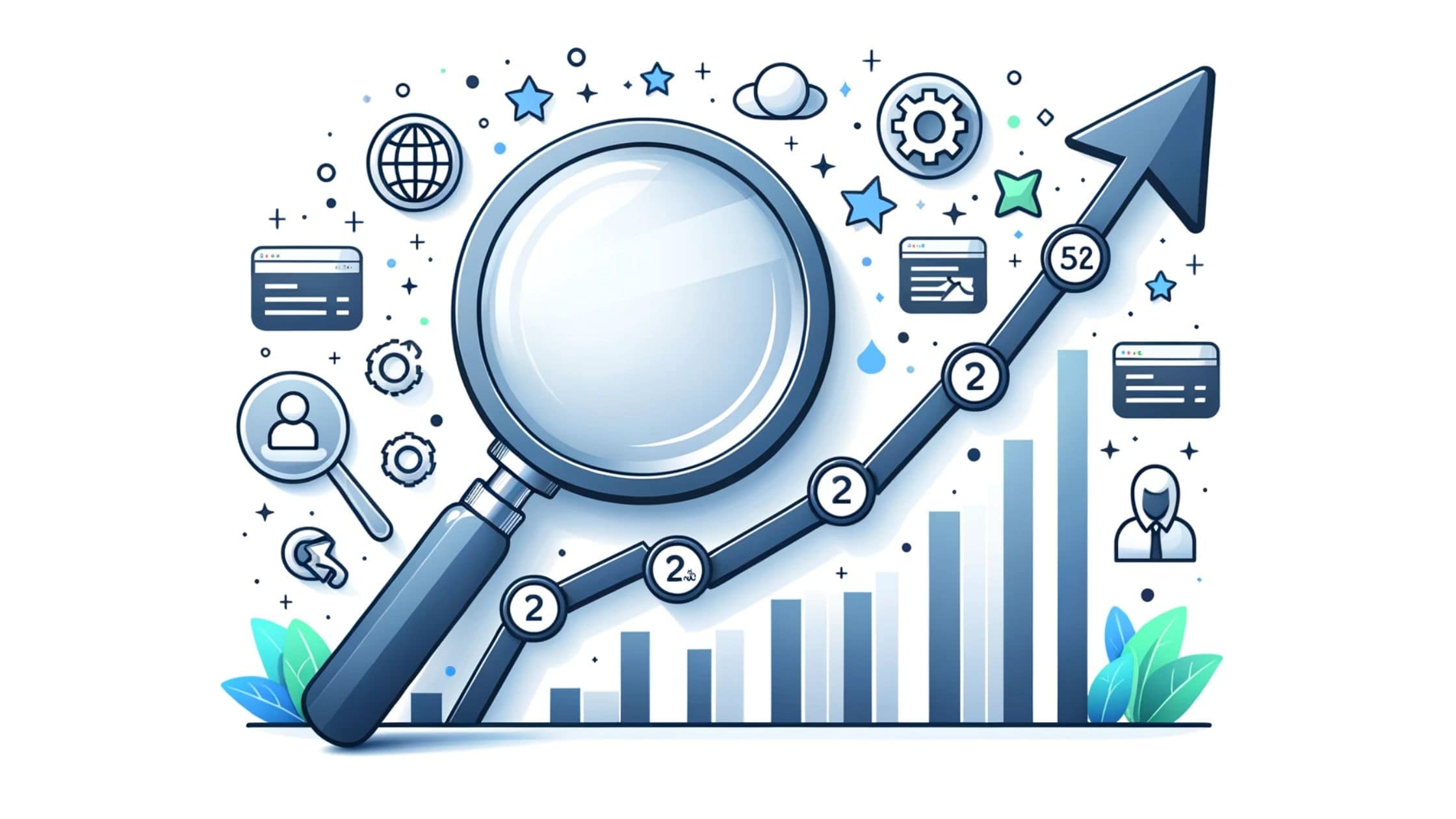
Unlocking the Power of Digital Marketing for Business Growth.
The Benefits of digital marketing
Marketing has always been about forging meaningful connections with your target audience. With 97% of consumers turning to the internet to discover local businesses, it’s evident that establishing a strong online presence has become a pivotal component of business success.
Digital marketing, at its essence, involves leveraging electronic devices or digital platforms for promotion. This can be executed through a variety of devices, from computers and smartphones to tablets, and encompasses a range of strategies including online videos, display ads, and social media posts.
When we place digital marketing side by side with traditional methods like magazine ads, billboards, or direct mail, the advantages of the former become clear. Not only does digital marketing often yield a higher return on investment, but it also enables businesses to reach a broader audience with more precision and less resource expenditure. Its inherent flexibility, direct measurability, and cost-effectiveness distinguish it from traditional marketing avenues.
By grasping the profound benefits of digital marketing, businesses can design more informed strategies, enhance their online visibility, and set themselves on a path to sustained growth in a competitive marketplace.
What is Digital Marketing?
At its core, digital marketing encompasses all promotional activities carried out via electronic devices. This broad domain includes various outputs such as website design and development, crafting compelling content, optimising for search engines (SEO), engaging in social media campaigns, and implementing paid advertising strategies.
Effective digital marketing not only boosts your website’s visitor count but also amplifies your brand’s presence. By leveraging these strategies, businesses can enhance their online visibility, fostering trust and recognition, which are instrumental in driving growth and expanding the customer base.
Traditional Marketing vs Digital Marketing.
Traditional marketing, encompassing methods like radio and TV advertisements, billboards, and print ads, has been the cornerstone for brands for decades, offering tangible and broad-reaching avenues to connect with audiences. However, the advent of the digital age introduced digital marketing, which utilises online platforms and electronic devices to engage with a more targeted audience. Digital marketing, spanning from social media campaigns to email marketing and SEO, offers unparalleled flexibility, measurability, and adaptability. While traditional methods ensure a wide physical reach, digital marketing provides precision targeting, real-time adjustments, and often, a more cost-effective return on investment. Together, they represent the full spectrum of tools a business can employ, but their distinct advantages highlight the shifts in consumer engagement in the 21st century.
Common Types of Digital Marketing.
Digital marketing strategies can be differentiated based on the platform they leverage, the nature of the search (paid or organic), the kind of content they produce, the media format, or their overall approach.
Let’s explore the prominent forms of digital marketing in more detail:
Search Engine Optimisation (SEO).
A conversation about digital marketing would be incomplete without mentioning SEO. It revolves around enhancing your website’s visibility by strategically using keywords to elevate its position in search engine results. There are many sub strategies of SEO including local SEO, which is essential for brick and mortar businesses and service area businesses focusing on a specific local market. A higher ranking translates to increased visibility and a higher likelihood of reaching prospective customers. Professionals dedicate immense time and resources to craft SEO strategies, aiming to dominate search engine results, especially on platforms like Google.
SEO is made up of 4 major elements that include:
- Technical SEO: Deals with website and server optimisations that help search engine spiders crawl and index your site more effectively. Understanding technical SEO is pivotal to SEO success.
- On-Page SEO: Involves optimising individual web pages in order to rank higher and earn more relevant traffic.
- Off-Page SEO: Focuses on external ranking factors like backlinks and online (non-website) attributes that impact your site’s trustworthiness.
- Content: Pertains to the quality of the SEO content, keyword optimisation, and how well it engages and benefits the audience.
Paid Search Advertising.
Often referred to as PPC (pay-per-click) or Google Ads, this strategy involves securing a prominent spot in search results through paid means. Operating on a cost-per-click model, you incur expenses only when someone clicks on your ad. This approach offers businesses, irrespective of their size, an opportunity to surpass competitors.
Display Advertising.
This form of advertising merges text, visuals, and links directing users to specific web pages offering more insights or purchase options for products or services. Display ads can encompass a variety of formats, from plain text and static images to animations or videos. They can serve multiple purposes, from promoting products to educating audiences.
Social Media Marketing.
Engaging with audiences on social platforms is a powerful way to establish and nurture your brand identity. Platforms like Facebook, Twitter, LinkedIn, Instagram, and YouTube enable businesses to foster an organic digital community. Social media marketing involves both organic posts and paid advertisements, with the overarching aim of redirecting traffic to your primary website.
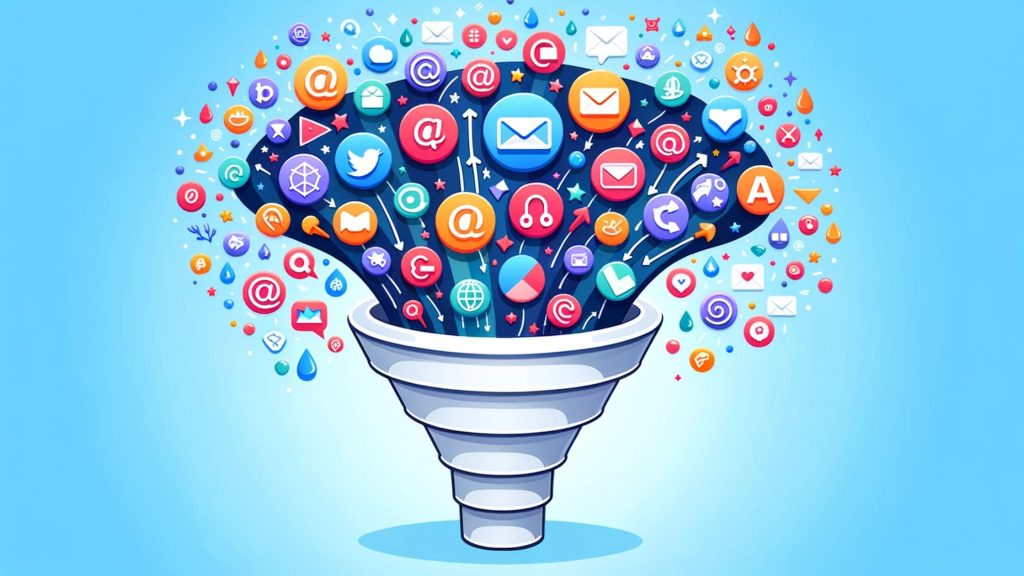
Content Marketing.
This strategy involves producing and disseminating meaningful, pertinent, and consistent content to captivate and retain a specific audience segment. The ultimate goal is to spur visitors into action, whether it’s purchasing a product or subscribing to a service. Though the digital realm is rife with diverse content types, written content remains paramount in conveying your core message.
Email Marketing.
Emails serve as a potent tool for product promotion, fostering customer loyalty, and keeping them informed about new offerings, discounts, or other services. Beyond mere promotions, emails can educate recipients about your brand or keep them engaged, fostering a deeper connection even outside direct purchasing interactions.
Influencer Marketing.
An influencer is an individual with a significant social media following and is perceived as an authority in a specific domain. Brands collaborate with influencers for endorsements or subtle product mentions, leveraging their credibility to extend their market reach. The efficacy of influencer marketing lies in the trust influencers have cultivated with their audience. Their endorsements act as powerful testimonials, resonating with potential customers.
The Digital Marketing Advantage:A Game-Changer for Modern Businesses
In the dynamic landscape of today’s business world, staying ahead of the curve requires more than just a product or service; it demands a robust and strategic approach to reaching and engaging potential customers. Enter digital marketing – a transformative tool that has redefined the way businesses connect with their audience. Offering unparalleled advantages over traditional marketing methods, digital marketing not only ensures wider reach and visibility but also promises better ROI and tailored interactions.
The Top Benefits of Digital Marketing.
Affordability
One of the standout advantages of digital marketing is its cost-effectiveness. Traditional marketing avenues, like radio or TV spots, often push small to medium-sized enterprises out of contention due to exorbitant costs. In contrast, digital marketing levels the playing field, allowing smaller entities to vie effectively against their larger counterparts.
Several digital marketing techniques are budget-conscious. For instance, Pay-Per-Click (PPC) advertising empowers businesses to determine a spending limit that suits their finances. Even modest PPC budgets can generate immediate results.
However, patience is vital in digital marketing. For methods like search engine optimisation (SEO), results might not be instantaneous. But with time, the returns on this investment become evident and rewarding.
Quantifiable Results
The ability to gauge the efficacy of marketing campaigns is a pivotal advantage of digital marketing. Numerous analytic tools enable businesses to assess the success of their marketing initiatives, facilitating informed strategic decisions. Insights into campaign interactions, traffic-driving channels, and keyword performance can be gleaned.
Google Analytics, for instance, provides invaluable data on website traffic sources and user behaviour, allowing businesses to refine campaigns and make data-driven decisions.
Precision in Audience Targeting
Digital marketing’s essence lies in its capability to reach a specific audience efficiently and measurably. For impactful marketing, pinpoint accuracy in targeting is crucial.
Digital strategies empower businesses to cater to individuals actively seeking their offerings. Unlike broad-spectrum traditional marketing, digital methods ensure resources aren’t expended on indifferent audiences.
SEO plays a pivotal role in this, enabling businesses to focus on keywords their target audience uses. The precision in targeting undoubtedly ranks among the primary merits of digital marketing.
Enhanced Online Visibility
An active digital footprint bolsters brand visibility. Well-maintained websites and regularly updated social media profiles make it easier for consumers to discover and engage with brands.
Optimising for SEO ensures businesses rank higher for relevant keywords, placing them directly in their clients’ line of sight. Platforms like Google My Business, when fine-tuned, ensure businesses remain prominently visible in local searches and on tools like Google Maps.
Real-time Optimisation
Digital marketing’s adaptability is another of its strong suits. It allows businesses to tweak their strategies based on real-time performance data. Establishing and regularly revisiting a comprehensive digital strategy ensures no opportunities slip through the cracks and that refinements can be made when necessary.
Enhanced Customer Interaction
Digital marketing offers a myriad of touchpoints for customer interaction – from emails, videos, and social media posts to instant messaging and more. These digital avenues foster deeper customer relationships and cater to varied segments of a business’s target audience.
Boosted Brand Credibility
A consistent and strategic digital marketing approach can significantly enhance brand credibility across a broader audience spectrum. Through insightful blogs, collaborations with influencers, and engaging content, businesses can solidify their brand reputation. And the best part? Achieving this doesn’t necessarily demand vast resources or substantial expenditures.

Scalability in Digital Marketing:Adapting to Performance Metrics
Scalability is a distinctive advantage of digital marketing, enabling businesses to adjust their strategies in real time to achieve optimal results. Unlike traditional marketing methods, which often require substantial upfront investments without guaranteed returns, digital campaigns are inherently flexible. This flexibility is underpinned by the wealth of data and analytics available at one’s fingertips.
With digital marketing tools, businesses can monitor the performance of their campaigns in real time. Metrics such as click-through rates, conversion rates, bounce rates, and user engagement levels provide invaluable insights into the effectiveness of a campaign. If a specific strategy is generating a high ROI, businesses can allocate more resources towards it, amplifying its reach and impact. Conversely, underperforming campaigns can be quickly identified, adjusted, or halted to minimise the wastage of resources.
This adaptability ensures that marketing budgets are used efficiently. Instead of committing large sums of money to campaigns with uncertain outcomes, businesses can start with smaller, test campaigns, gauge their effectiveness, and then decide on the next steps. This iterative approach reduces financial risks and ensures that marketing efforts are always aligned with business goals.
Moreover, scalability in digital marketing isn’t just about adjusting budgets. It also pertains to tweaking ad creatives, targeting parameters, and marketing channels based on performance metrics. This dynamic nature of digital marketing ensures that businesses can remain agile, adapting to market trends and consumer behaviours, and continuously refine their strategies for maximum impact.
In essence, the scalability offered by digital marketing means that businesses have more control over their marketing outcomes, allowing them to grow at their own pace, in line with their objectives and market responses.
Building Trust through Reviews and Testimonials: The Digital Assurance Consumers Seek
In today’s digital age, consumers are more informed and discerning than ever. Before making a purchase or committing to a service, many turn to online reviews, ratings, and testimonials to gauge the credibility and quality of a brand. These digital endorsements, be they positive or negative, offer a transparent insight into real customer experiences, making them invaluable in shaping public perception.
Digital marketing actively leverages this consumer behaviour by integrating reviews and testimonials into various platforms. From dedicated sections on company websites to highlighting positive feedback on social media, businesses can showcase authentic voices of satisfied customers. Moreover, interactive features like Q&A sections, video testimonials, and user-generated content campaigns further enhance this trust-building endeavour.
Additionally, responding to reviews, especially negative ones, can demonstrate a company’s commitment to customer satisfaction. Addressing concerns, offering solutions, and showing receptivity to feedback can turn a potential negative experience into an opportunity for brand loyalty. Such interactions signal to potential customers that the business values its clientele and is dedicated to continuous improvement.
Furthermore, third-party platforms like Google Business profile, Yelp, and TripAdvisor offer unbiased platforms for customers to share their experiences. Encouraging customers to leave reviews on these platforms can boost a brand’s visibility and credibility simultaneously.
In the digital landscape, where competition is fierce and choices are abundant, trust becomes a decisive factor in consumer decision-making. By harnessing the power of reviews and testimonials, digital marketing provides businesses with an avenue to establish and reinforce their reliability, authenticity, and commitment to excellence.
Cost Savings on Long-Term Strategies:The Sustainable Value of Digital Marketing
Digital marketing encompasses a diverse array of tactics and strategies, each with its unique cost considerations and potential returns. Some approaches in digital marketing require significant initial investments, while others, despite taking time to show tangible results, offer prolonged benefits and prove to be cost-effective in the long run.
Take, for instance, Search Engine Optimisation (SEO). Initially, SEO might necessitate significant investments, be it in the form of hiring experts, acquiring tools, or dedicating time for research and implementation. However, once a robust SEO foundation is laid, the website can enjoy organic traffic for years without recurrent hefty expenses. A well-optimised site can maintain its position on search engine results pages, attracting potential customers without the ongoing costs associated with paid advertising.
Similarly, content marketing embodies the principle of “invest now, reap later.” Crafting high-quality, evergreen content might require resources upfront, whether you’re creating informative articles, engaging videos, or insightful infographics. But once produced, this content can continue to attract and educate visitors for years. Unlike traditional advertising, where the visibility of an ad campaign ceases once the budget runs out, evergreen content remains accessible, continuously driving value.
Moreover, these long-term strategies often complement each other. Quality content bolsters SEO efforts, and a strong SEO foundation amplifies the reach of content. Over time, as these strategies mature and compound, businesses can experience exponential growth in visibility and engagement without proportional increases in marketing spend.
In essence, while the immediate allure of quick results from certain marketing tactics can be tempting, the enduring value and cost savings derived from long-term digital marketing strategies like SEO and content marketing make them indispensable assets in a brand’s digital toolkit.
Maximising Digital Marketing with Central Coast Websites.
Harnessing the full potential of digital marketing requires a well-crafted strategy. Digital marketing not only allows for precision-targeted campaigns but also amplifies your brand’s visibility, leading to increased lead generation for your business. Our experts prioritise optimising your website, selecting pertinent keywords, and creating exceptional content to ensure your business stands out to your target audience. We craft digital strategies tailored to draw customers and elevate your brand’s recognition.
Reach out to us to discuss how we can enhance your digital footprint with a bespoke digital marketing initiative.
